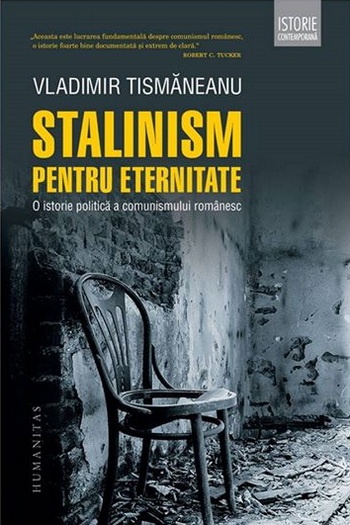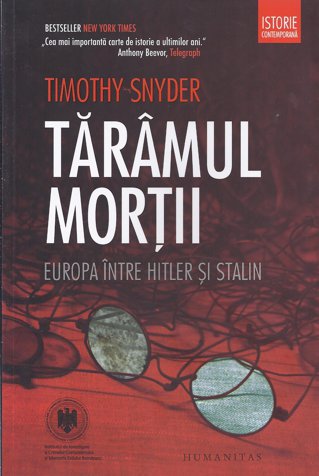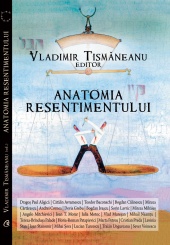In Times Literary Supplement (5 iunie 2009), David Aberbach, fost student al marelui ganditor liberal Isaiah Berlin, azi profesor la Universitatea canadiana McGill, isi incepe articolul “Talk is Golden” cu urmatoarele cuvinte:
“In 1921, a boy of eleven, Isaiah Berlin (who was born 100 years ago this week) escaped with his family from Russia to England during the civil war following the Revolution. He had lived his life mostly in turmoil: the First World War, then the destruction of one totalitarian regime and its replacement by another even more murderous. He therafter went through life astonished of having survived. Most East European Jews, including many of his family, ultimately perished. He was always grateful to England for giving his family asylum and for the intellectual tradition underpinning democracy. Like the German Jewsih writer Ludwig Boerne (Loeb Baruch), he might have said: ‘because I was born a slave I love freedom more than you do.’ Liberty, the great theme of his writings, was inscribed, as it were, on him, the outstanding twentieth-century intellectual opponent of totalitarianism and the enemies of liberty.”
Momentul crucial al vietii lui Berlin, arata Michael Ignatieff in superba sa biografie a filosofului britanic, a fost intalnirea din 1945 cu Anna Ahmatova. Discutiile din acea noapte l-au marcat decisiv, au dus la o veritabila transfigurare. Am scris pe acest blog despre relatia dintre Ahmatova si Berlin, despre furia autoritatilor bolsevice si atacul imund al comisarului ideologic Jdanov impotriva marii poete.
Ar fi multe de scris despre Isaiah Berlin. Sa amintesc ca eseurile sale despre libertate sunt texte clasice, ca nimeni nu poate discuta literatura rusa fara a se referi la contributiile lui Berlin, ca dezbaterile despre utopie, radicalism si revolutii revin in chip necesar la ideile sale.
Iata ce scria Isaiah Berlin in cartea sa The Crooked Timber of Humanity:
“The possibility of a final solution–even if we forget the terrible sense that these words acquired in Hitler’s day– turns out to be an illusion, and a very dangerous one. For if one really believes that such a solution is possible, then surely no cost will be too high to obtain it: to make mankind just and happy and creative and harmonious for ever– what could be too high a price for that? To make such an omelette, there is surely no limit to the numer of eggs that should be broken. … Some armed prophets seek to save mankind, and some only their race because of its superior attributes but whichever the motive, the millions slaughtered in wars or revolutions –gas chambers, gulag, genocide, all the monstruosities for which our century will be remembered–are the price men must pay for the felicity of the future generations.”
Isaiah Berlin a demonstrat ca monismul filosofic este o primejdioasa iluzie, ca libertatea de opresiuni, de constrangeri exterioare este chiar mai importanta decat aceea de a actiona autonom, ca nevoia de apartenenta tine de conditia umana, ca in Republica Spiritului nu se intra cu bocancii, ca este nevoie de decenta, de respect pentru idei, de empatie chiar si cu ganditorii pe care poate nu ii iubesti. A fost, alaturi de Raymond Aron, Hannah Arendt, Friedrich Hayek, Karl Jaspers, Karl Popper , Eric Voegelin, Jeanne Hersch, Jan Patocka si Leszek Kolakowski, un adversar ireductibil al oricarei forme de injosire a individului. Ideile lui Berlin au contribuit la configurarea gandirii politice a lui Adam Michnik, a conceptiei disidente despre libertate si rezistenta. In luna noiembrie vom publica in colectia Zeitgeist pe care o coordonez la Humanitas cartea lui Isaiah Berlin The Power of Ideas.

































